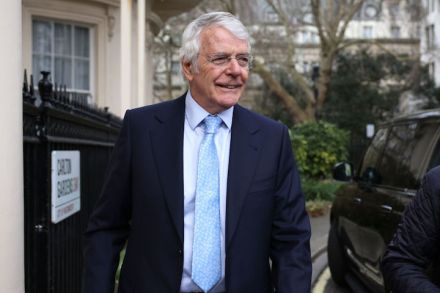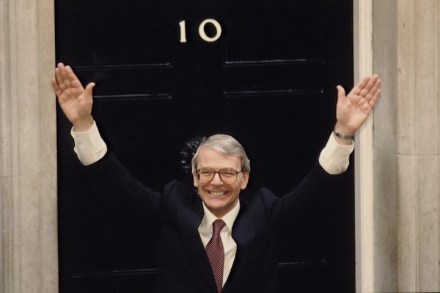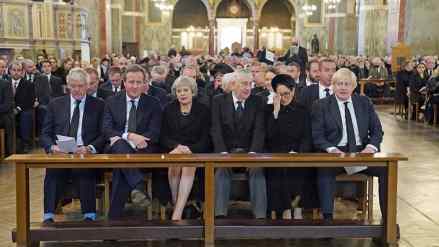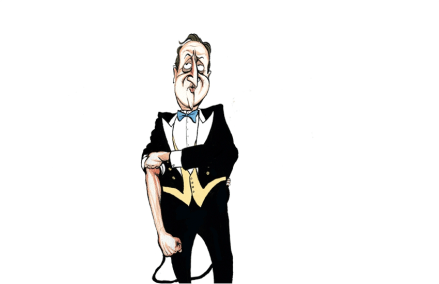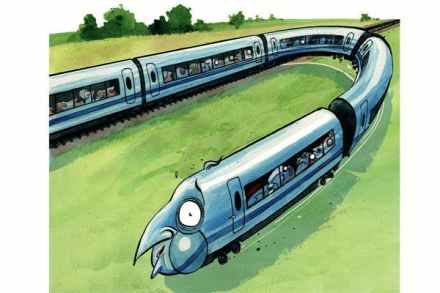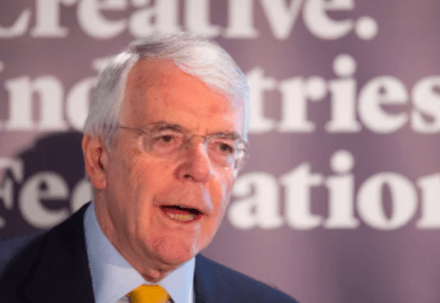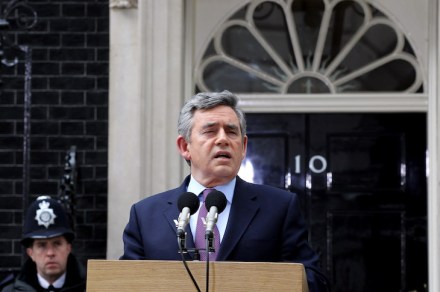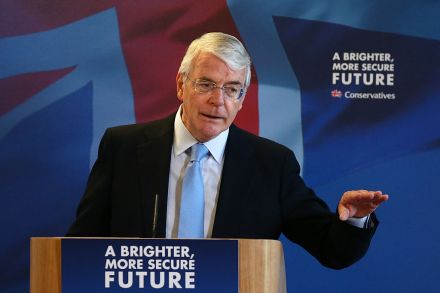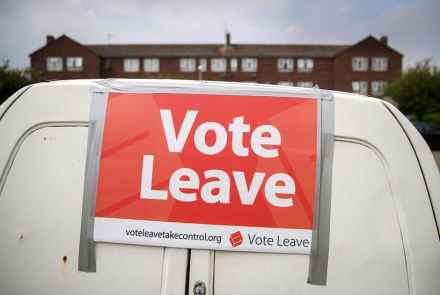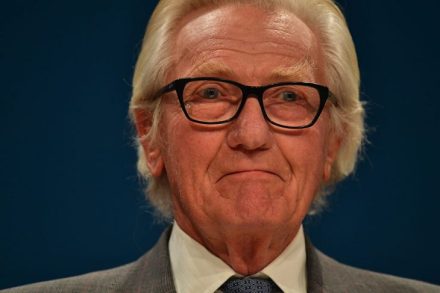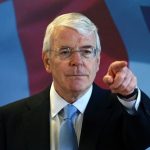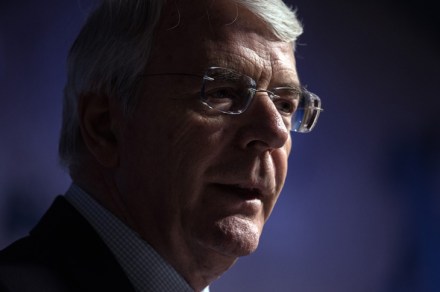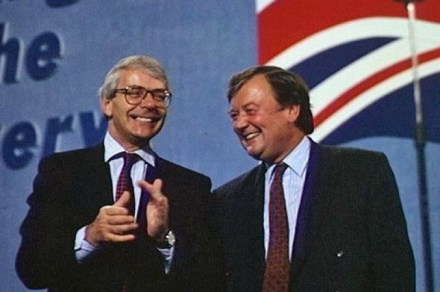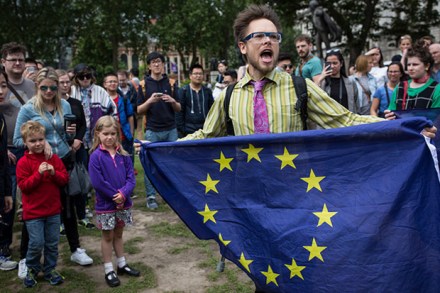John Major has learned nothing over Brexit
Rishi Sunak’s government is sometimes compared to that of John Major, the man who succeeded Margaret Thatcher in 1990, went on to win an unexpected election in 1992 – and then went down after a landslide defeat at the hands of Tony Blair’s New Labour in 1997. On an episode of The Rest Is Politics, a podcast hosted by former Tory MP Rory Stewart and Alastair Campbell, Blair’s media chief and an architect of New Labour, Sir John, now 80, looked back at his seven years in power. Major reflected on the lessons that time may hold for Sunak’s similarly embattled administration. Major refused to be drawn on whether today’s Tories are
